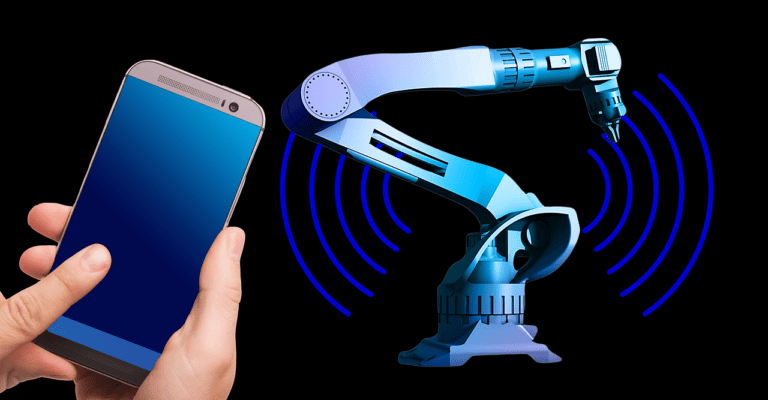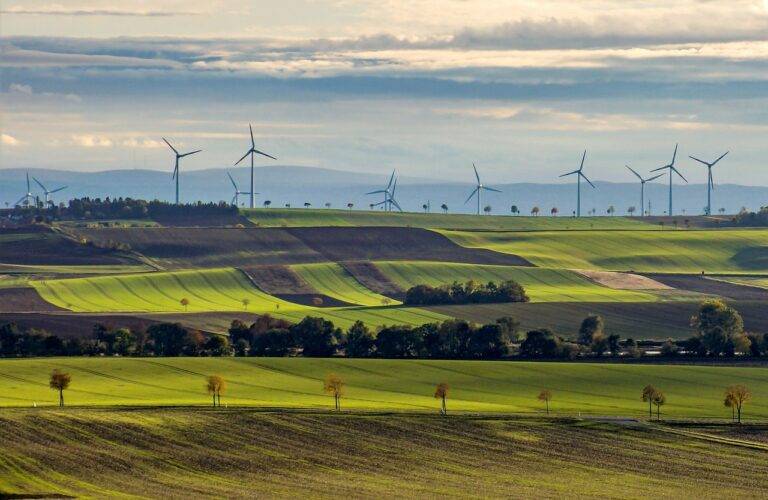Tech Innovations in Food Production
Precision agriculture is revolutionizing the way farmers manage their crops and resources. By utilizing advanced technologies such as GPS, sensors, and data analytics, farmers can now accurately monitor and control every aspect of their fields. This level of precision allows for optimized use of fertilizers, pesticides, and water, resulting in increased crop yields and reduced environmental impact.
Furthermore, with the advent of drones and satellite imagery, farmers can now acquire real-time data on plant health, soil conditions, and weather patterns. This valuable information enables farmers to make timely decisions and interventions, ultimately improving overall farm efficiency and profitability. In the ever-evolving world of agriculture, precision agriculture stands out as a game-changer, offering sustainable solutions to meet the growing demands of a rapidly expanding global population.
• Precision agriculture utilizes advanced technologies such as GPS, sensors, and data analytics
• Allows for optimized use of fertilizers, pesticides, and water
• Results in increased crop yields and reduced environmental impact
• Drones and satellite imagery provide real-time data on plant health, soil conditions, and weather patterns
• Enables farmers to make timely decisions and interventions
• Improves overall farm efficiency and profitability
Vertical Farming
Vertical farming is revolutionizing the way we grow and access fresh produce by utilizing controlled environment agriculture. By growing crops in vertically stacked layers in indoor settings, vertical farming maximizes space efficiency and resource utilization. This innovative approach allows for year-round production of fruits, vegetables, and herbs, independent of external weather conditions.
Furthermore, vertical farming minimizes the use of pesticides and herbicides as the closed environment reduces the risk of pests and diseases. With advancements in technology, vertical farms can control factors such as light, temperature, and humidity to optimize plant growth and ensure high yields. As the world’s population continues to grow, vertical farming offers a sustainable solution to meet the increasing demand for food while reducing the environmental impact of traditional agriculture.
Smart Irrigation Systems
Smart irrigation systems have revolutionized the way we approach water management in agriculture. Through the use of advanced technology, these systems enable farmers to monitor and control the irrigation process with precision. By incorporating sensors and data analytics, smart irrigation systems ensure that crops receive the right amount of water at the right time, avoiding over-irrigation and water wastage.
Furthermore, smart irrigation systems play a crucial role in conserving water resources and promoting sustainable farming practices. By optimizing water usage based on real-time data and weather conditions, these systems help farmers reduce their water consumption and environmental impact. This not only benefits the environment but also contributes to cost savings for farmers in the long run.
What is precision agriculture?
Precision agriculture is a farming management concept that uses technology to optimize the use of resources such as water, fertilizer, and pesticides to improve crop yield and quality.
How does vertical farming differ from traditional farming?
Vertical farming is a method of growing crops in vertically stacked layers or structures, often in controlled indoor environments. This allows for year-round production without the need for arable land.
What are smart irrigation systems?
Smart irrigation systems use sensors, weather data, and other technology to automatically adjust watering schedules and amounts based on real-time conditions. This helps to reduce water waste and improve crop health.
How can smart irrigation systems benefit farmers?
Smart irrigation systems can help farmers save water, reduce labor costs, and improve crop yield and quality. By optimizing watering schedules and amounts, these systems can also prevent over-watering and nutrient leaching.
Are smart irrigation systems expensive to install?
While there is an initial cost to install smart irrigation systems, the long-term savings on water and labor costs can often offset this expense. Additionally, some government programs offer incentives or subsidies to help farmers adopt this technology.





